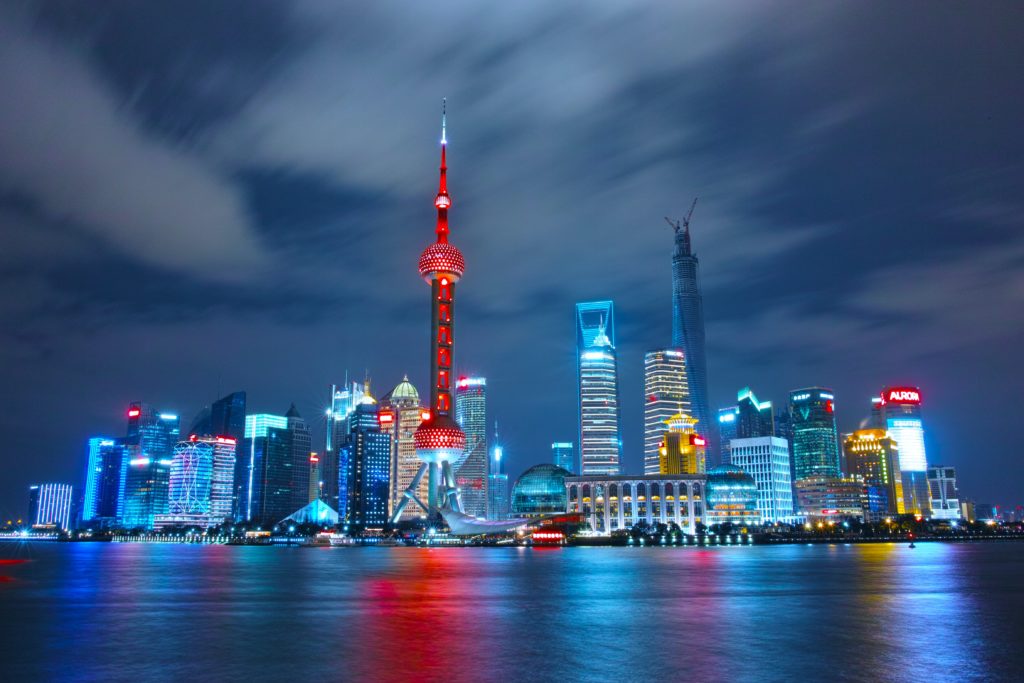How does fintech compare around the world?
Fintech is growing globally. In this article, we take a look at some of the world’s leading fintech hubs, including Singapore, Lithuania, Switzerland, the Netherlands and India. Find out more.

Long gone are the days of Western brands dominating the global landscape. A new generation of Asian brands are emerging on to the global stage with great success.
On the 19th of September, Chinese owned Alibaba group began trading on the New York Stock Exchange. Within two and a half hours the shares were selling at $92.70 finishing up at $93.89 – up 38% on its first day. By 12:19pm Alibaba was worth more than Facebook.
Alibaba is set to be the biggest internet company in China and the third biggest in the world, passing US e-commerce giant Amazon and Chinese rival, Tencent.
Familiar with Western brands trying to break Asia, we take a look at the mirror image. While the rest of the world tries to crack Asia, we look at how Asian brands plan to break out and dominate the US. With many brands fearing to establish a brand presence in China due to cultural differences; we ask can Asian brands successfully enter the US market?
Recently we have seen a new trend emerging with Telecoms company Huawei, car brand Great Wall and menswear retailer Bosideng all expanding their presence in developed markets including the US and UK. These brands have huge financial investment behind them, Bosideng has 11,000 stores in China and made more than £130m profit last year, they also share the will to take on global competitors.
A decade ago, few Chinese brands dreamed of investing in the US, mainly due to their home market success. As domestic competition heats up and in order to counter the disproportionate flow of profits to industries primarily controlled by state-owned enterprises, incentives are emerging for far-sighted Asian brands to tap into the number-one economy in the world.
With nearly 50 million Chinese travelling, studying or indeed living overseas, Asian brands have begun to target this lucrative consumer group outside of China mainly due to their familiarity with the products and their interest in buying Asian products they cannot purchase easily in their new places of residence. According to the Economist more Chinese people live outside mainland China than French people live in France. If China’s migrants were a nation – they would be the world’s fifth-largest, showing that today, its diaspora is more important than ever. According to the Latin Post, China is the second most common country of origin for U.S immigrants, at 2.25 million, India and the Philippines ranked third and fourth with 2.06 million and 2 million migrants entering the U.S respectively. Asian American households outspend median US households by an average of 19 per cent, and earn 28 per cent more on average than the US median income, according to a consumer report released by Nielsen. Targeting the international Asian diaspora is a smart move.
In 2012, at the National People’s Congress and Chinese People’s Political Consultative Committee key target industries for internationalisation were highlighted. For those in the consumer goods sector, Chinese brands were given a mandate to “seek to expand market experience and build talent reserves acquiring international luxury brands in order to enter the global consumer market”.
Only a few Chinese brands have gone global in the past ten years. These include: Lenovo, ZTE, Haier, Tsingtao, Air China, Li Ning, Huawei, Geely, TCL, Midea and Cherry. Food companies Cofco, Bright Food Group and Wahaha have also recently shown an appetite for international growth. A greater emphasis is now put on national champions to globalise. Asian brands seeking internationalisation must not forget that identifying an acquisition target, successfully negotiating a purchase price and navigating the legal hurdles are challenging.
According to a Bloomberg report Alibaba is pursuing this market entry strategy by eying several acquisitions in the US and developing its own platforms to further understand the US market. The New York Times reported Alibaba invested $280 million in the Silicon Valley mobile messaging app-maker Tango. In addition, the company launched AliExpress, an online marketplace for customers outside of China, which was founded in April 2010 and is currently available in English, Russian and Portuguese.
Acquisitions represent a viable strategy for companies that wish to enter international markets. They provide more control over foreign operations than strategic alliances with a foreign partner. Providing the acquirer with access to the resources and capabilities of the acquired – acquisitions are invaluable to those looking to enter an international market and better understand a market’s needs. Acquiring a company in the country you wish to enter can also increase your speed to market. From a time perspective, it is less costly to acquire companies with established operations and supplier/customer relationships in a foreign market than to develop them. Run by China’s second wealthiest person, Wang Jianlin, Dalian Wanda surprised the American entertainment industry when it purchased AMC Entertainment for $2.6 billion in September 2012. The deal marked the largest acquisition of an American firm by a Chinese company.
Speaking before a packed auditorium at Zhejiang People’s Great Hall at AliFest, New York Times columnist Friedman emphasised the hyperconnected world we live in, thanks in part to social media. “The marketplace of the future will increasingly be defined not by exports and imports but by a business practice of “source from anywhere” and “sell to everywhere.” As that day comes, China’s internet leaders such as Alibaba, as well as tech brands Haier and Huawei, will no longer be defined by their country origin but will be seen as leading global brands. When Jack Ma came up with the easy name Alibaba for his startup, he had that worldly view in mind.”
The world looks on as Alibaba and several other Asia brands look to dominate the US market. You can find daily updates on this subject and others on our Twitter account @Oban International